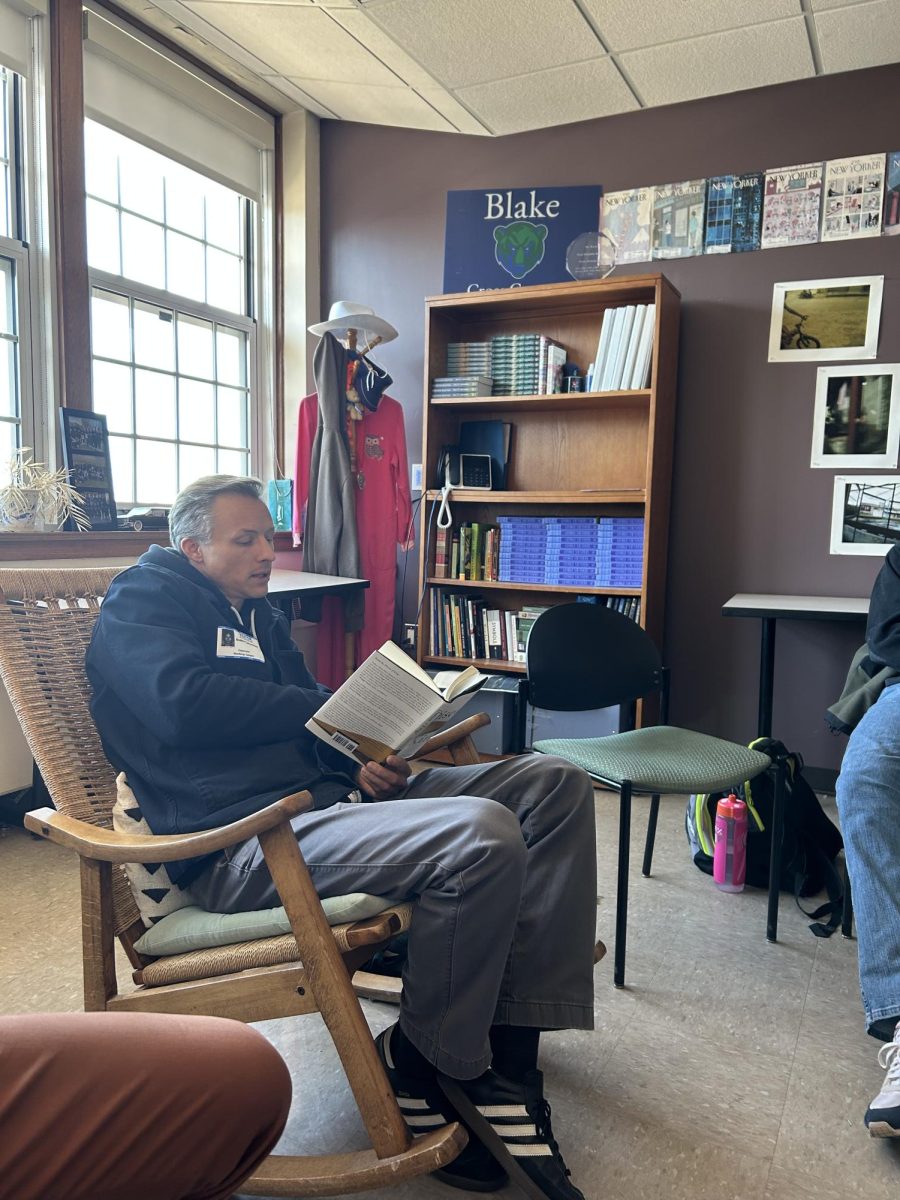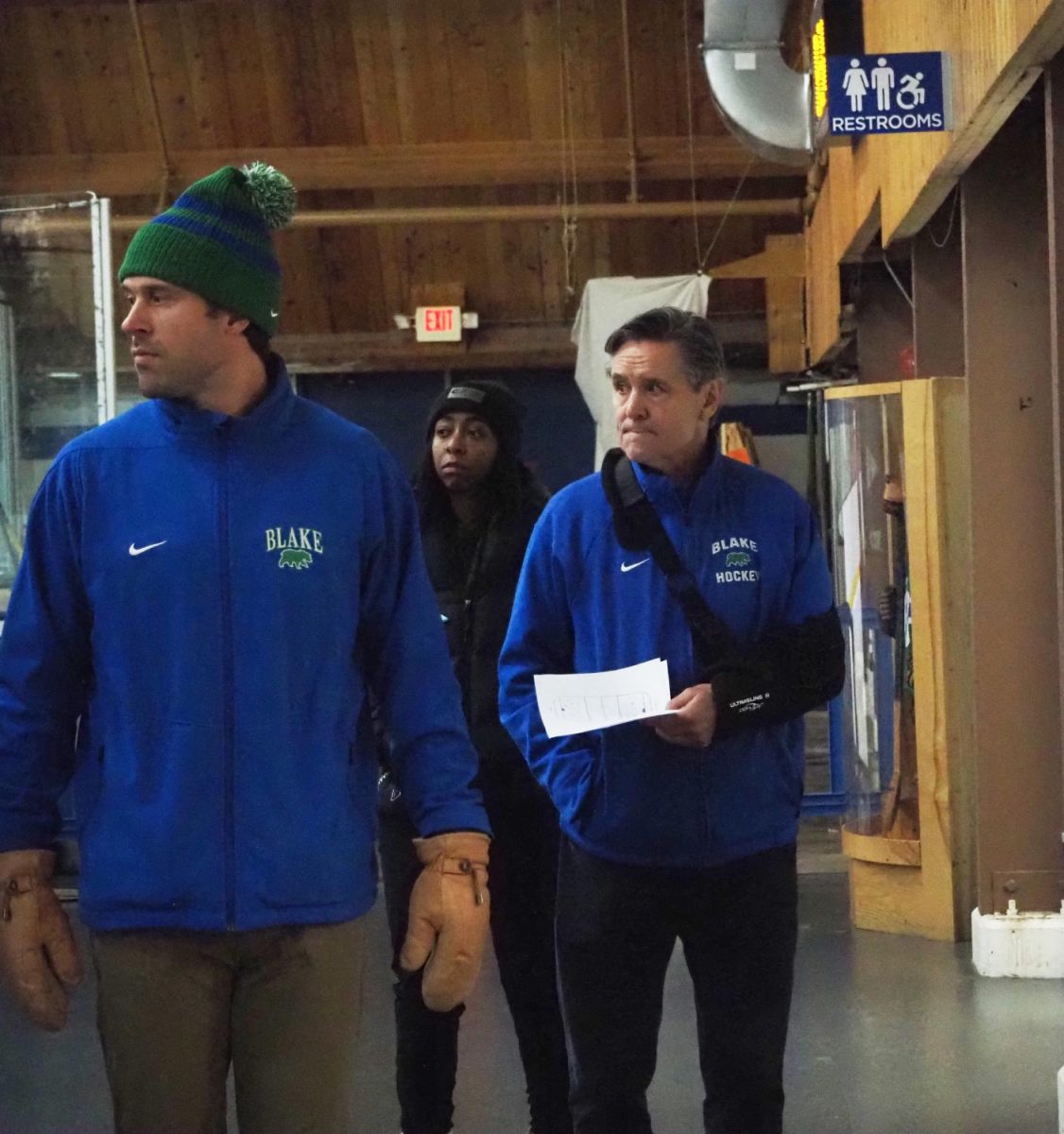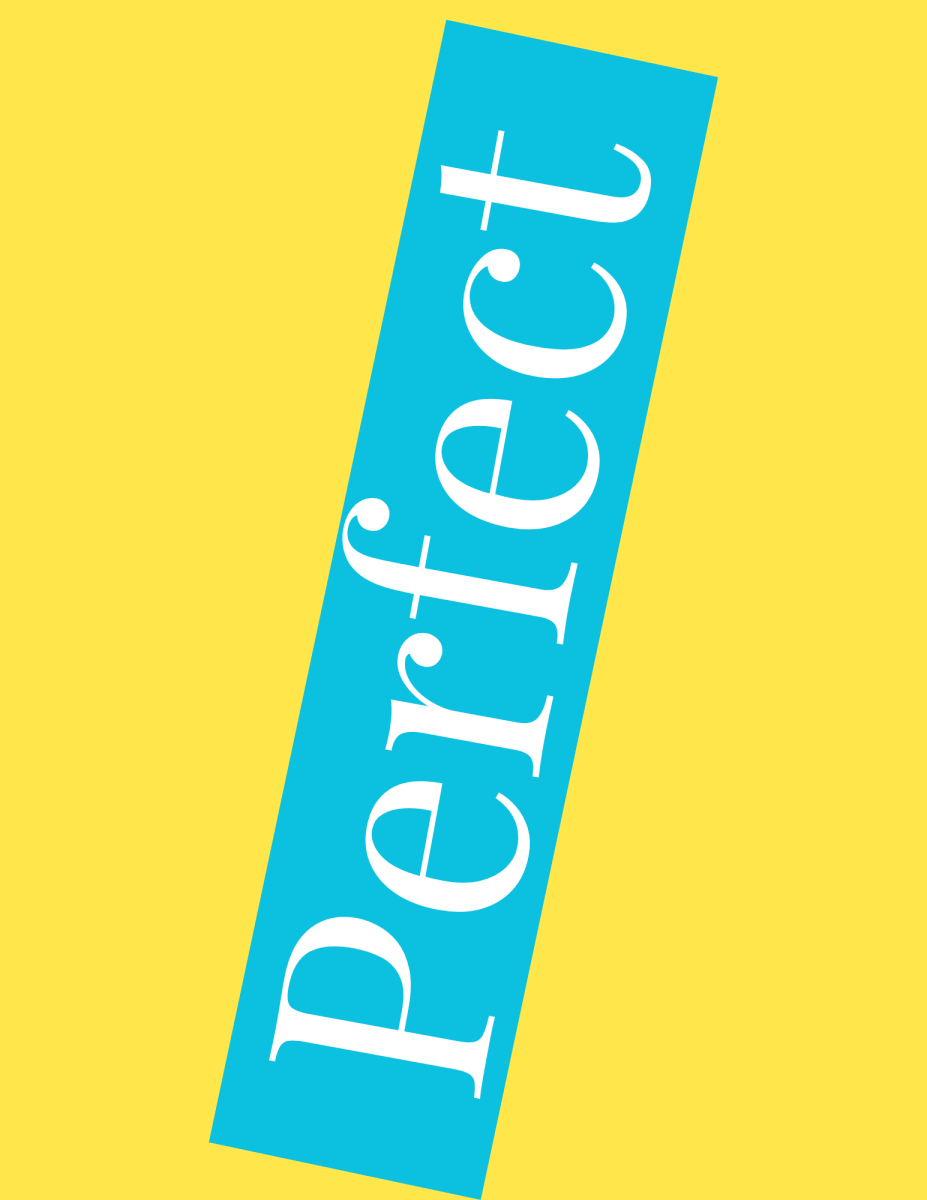Are flexible free blocks clearly preferred over structured study halls?
As the second semester began, freshmen were eager to experience something they had long been anticipating: free blocks.
Freshmen start the school year with three study hall periods a week to ease the transition to the Upper School and to “set up good habits,” according to freshman Dean Jen Vance. Study hall periods are always in the same location – either in the Cherne or the NAR – with the same proctors who rotate to provide structure and consistency.
About ten years ago, the transition from three study halls to two study halls and one free block was put into effect. Free blocks differ from study halls in a variety of ways, one of which is location. Students do not have a designated location, which Vance comments benefits students by providing more availability to meet with teachers and “a little bit more autonomy.” Study halls can be loud, so some students including Helen Bentley ‘27 prefer free blocks “if they want it to be quiet,” and it allows them to “space out” in a quieter location.
Another difference is the lack of supervision during free blocks. Many freshmen report that they are more productive during study halls. “Although [study halls are] loud,” Olive Wilson ‘27 explains, “I do have someone making sure I’m not messing around.” Elizabeth MacNeill ‘27 finds it easier to be productive when “someone [is] monitoring us and making sure we are actually doing our work.”
Among the Blake class of ‘27, the library, especially the Carlson Commons, seem to be a favorite place for students to spend their free blocks. Greg Jones ‘27 describes that “a lot of people come to the library, so I [can] see everybody.” MacNeill adds, “My friends kind of treat the library as a meeting place to talk and plan.”
So far this semester, Vance explains she has been happy that she has not heard of any issues with free blocks, and that “it’s helpful to know [students] have been pretty responsible so far.”



















